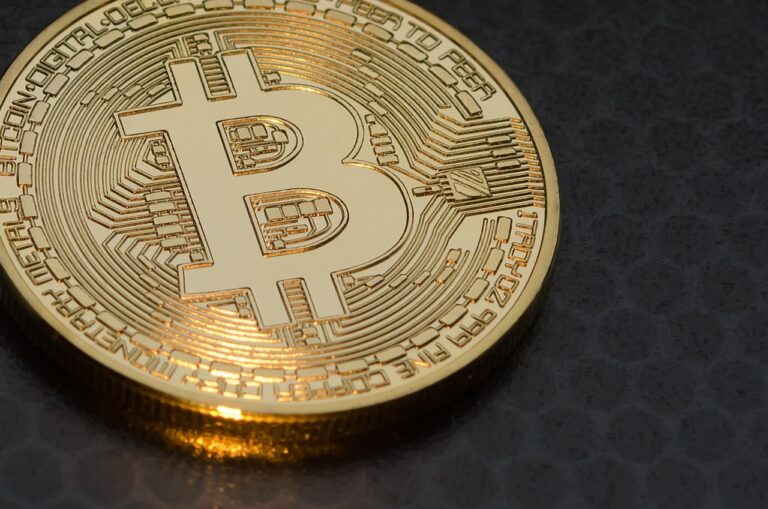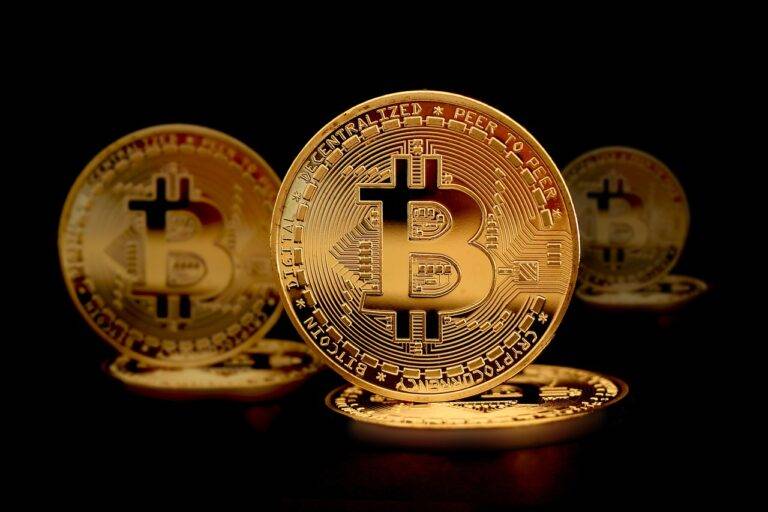The Role of Cryptocurrency in Decentralized Finance (DeFi) Governance
all panel login, crickbet99, Lotus365:Cryptocurrency has been changing the way we think about finance for over a decade now. With the rise of Bitcoin and other digital assets, the idea of decentralization has become more prominent in the financial world. One of the most exciting developments in this space is decentralized finance (DeFi), which aims to create a more open and accessible financial system.
One key aspect of DeFi is governance, which determines how decisions are made within a decentralized system. Governance in traditional finance is often controlled by a small group of individuals or organizations, but in DeFi, it is designed to be more democratic and transparent. Cryptocurrencies play a crucial role in DeFi governance, as they provide the means for users to participate in decision-making processes.
**What is DeFi Governance?**
DeFi governance refers to the process by which decisions are made within a decentralized financial system. This includes everything from determining interest rates on lending platforms to implementing changes in the code that powers DeFi protocols. The goal of DeFi governance is to create a more transparent and inclusive system that is not controlled by any single entity.
**The Role of Cryptocurrency in DeFi Governance**
Cryptocurrencies are the fuel that powers DeFi governance. In most decentralized systems, users need to hold a certain amount of cryptocurrency in order to participate in governance processes. This can come in the form of staking tokens, which are locked up as collateral to show commitment to the network.
By holding cryptocurrency and participating in governance, users can vote on proposals, suggest changes to the protocol, or even submit their own ideas for consideration. This gives them a say in how the DeFi system operates and helps to ensure that the platform is truly decentralized.
**How Cryptocurrency Enables Decentralized Decision-Making**
Cryptocurrencies enable decentralized decision-making in several ways. First, they provide a way for users to signal their support for particular proposals. By staking their tokens, users can show that they have a vested interest in the platform and are willing to commit their resources to a particular outcome.
Second, cryptocurrencies allow for transparent voting processes. Decentralized systems often use blockchain technology to record votes, ensuring that they are secure and tamper-proof. This means that users can trust that the results of a vote are accurate and that their voices are being heard.
Finally, cryptocurrencies can be used to incentivize participation in governance. Many DeFi platforms offer rewards to users who participate in governance, giving them an added incentive to get involved. This helps to ensure that as many users as possible take part in decision-making processes, making the system more decentralized and resilient.
**Challenges of Cryptocurrency in DeFi Governance**
While cryptocurrencies play a crucial role in DeFi governance, they also present challenges. One of the biggest is the issue of voter apathy. Many users may not be interested in participating in governance processes, which can lead to decisions being made by a small group of dedicated individuals.
Another challenge is the risk of governance capture. In some cases, large token holders may be able to exert undue influence over decisions, potentially leading to centralization. This is a major concern in the DeFi space, and developers are continually working to create systems that are resistant to governance capture.
**The Future of Cryptocurrency in DeFi Governance**
Despite these challenges, the future of cryptocurrency in DeFi governance looks bright. Developers are constantly working on new solutions to address issues like voter apathy and governance capture, creating more robust and inclusive systems.
As the DeFi space continues to grow, we can expect to see more innovative uses of cryptocurrency in governance. From decentralized voting mechanisms to new ways of incentivizing participation, cryptocurrencies will play a crucial role in shaping the future of finance.
**Conclusion**
Cryptocurrency plays a vital role in DeFi governance, providing the means for users to participate in decision-making processes and ensuring that the system is truly decentralized. By holding cryptocurrency and staking their tokens, users can have a say in how DeFi protocols operate, creating a more transparent and inclusive financial system.
As the DeFi space continues to evolve, we can expect to see even more innovative uses of cryptocurrency in governance. From transparent voting mechanisms to new ways of incentivizing participation, cryptocurrencies will continue to shape the future of finance in exciting new ways.
**FAQs**
**1. What is the role of cryptocurrency in DeFi governance?**
Cryptocurrency provides the means for users to participate in decision-making processes within decentralized financial systems. By holding cryptocurrency and staking their tokens, users can vote on proposals, suggest changes to protocols, and have a say in how the platform operates.
**2. Why is DeFi governance important?**
DeFi governance is important because it creates a more transparent and inclusive financial system that is not controlled by any single entity. By allowing users to participate in decision-making processes, DeFi governance helps to ensure that the platform is truly decentralized.
**3. What are some challenges of cryptocurrency in DeFi governance?**
Some challenges of cryptocurrency in DeFi governance include voter apathy and the risk of governance capture. Developers are working on solutions to address these issues and create more robust and decentralized systems.
**4. What does the future hold for cryptocurrency in DeFi governance?**
As the DeFi space continues to grow, we can expect to see more innovative uses of cryptocurrency in governance. From decentralized voting mechanisms to new ways of incentivizing participation, cryptocurrencies will play a crucial role in shaping the future of finance.






